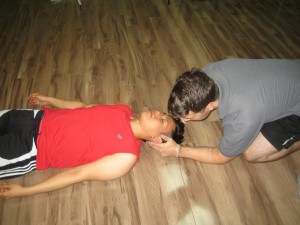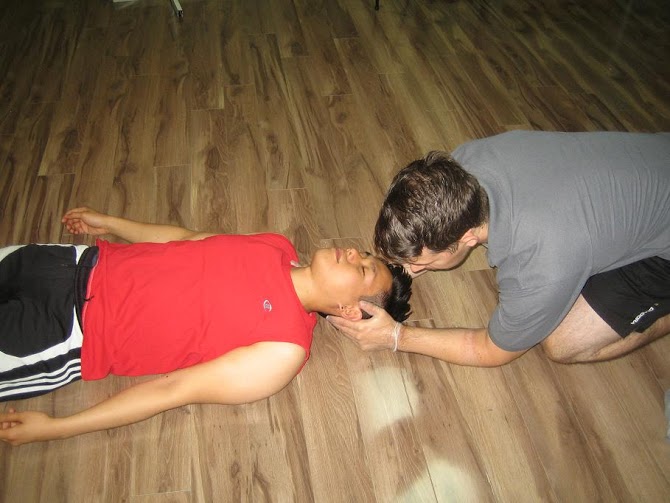Fainting or syncope is described as abrupt loss of consciousness due to the diminished blood flow to the brain. The individual usually wakes up rapidly after a collapse. Fainting can be easily managed by allowing the individual to recover while lying flat. A vital point to consider than the immediate care is to deal with the exact cause of fainting. Oftentimes, the only manner to pinpoint the cause is to check if the individual has any chronic health issues and recent illness or activities.
In most cases of fainting, it is triggered by the vagus nerve. It is responsible for connecting the digestive system to the brain and regulates the flow of blood to the stomach. As food enters the digestive tract, the nerves directs blood to the stomach and intestines, usually from other bodily tissues including the brain. In some cases, the nerve can become excited and draws out too much blood from the brain.
Fainting due to dehydration
Diminished water in the bloodstream can lead to a drop in the blood pressure and stimulates the vagus nerve which results to fainting and dizziness. There are various causes of dehydration such as heat exhaustion, diarrhea, vomiting and burns. Take note that diarrhea and vomiting can stimulate the vagus nerve as well.
Shock

Not all cases of fainting involve the vagus nerve. Shock is characterized as a drop in the blood pressure that leads to fainting. If the blood pressure of an individual drops drastically, it can be dangerous.
As a life-threatening emergency usually due to bleeding, shock can also occur from severe infection or anaphylaxis. Individuals suffering from shock are likely to end up confused and then lose consciousness as the condition worsens. Remember that it can occur rapidly.
Psychological triggers
Panic disorder, anxiety and even stress can stimulate the vagus nerve in some individuals and triggers fainting.
Alcohol and drugs
Alcohol and certain drugs can lead to a fainting episode. Aside from the sedative effect of alcohol, it also promotes increased urination which leads to dehydration. In addition, it also dilates the blood vessels which reduces the blood pressure. The combination of these factors drains the brain of blood. Certain medications both legal and illegal can cause fainting as well.
Heart issues
A heart that beats rapidly or too slow could not maintain the blood pressure in a normal rate. As the blood drains from the brain, it results to fainting. During a heart attack, the heart muscles become too weak to maintain the right blood pressure level.
If the heart is the suspected culprit, check the pulse rate. If the heartbeat is too fast or too slow, there is a possibility that the heart caused the fainting episode. In case the individual complains of chest pain or other symptoms of a heart attack, it simply means that the heart is too weak to maintain blood in the brain.

